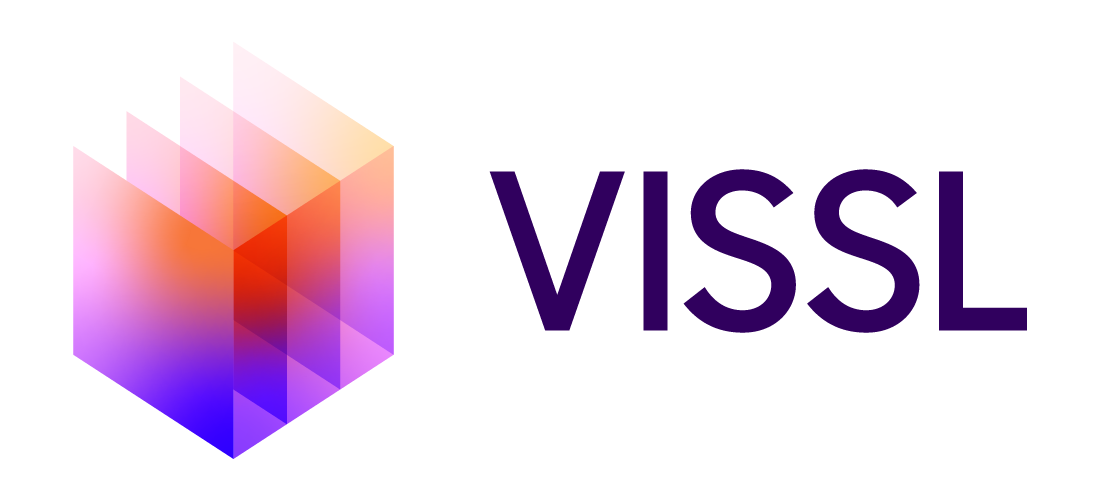A Large-scale Study of Representation Learning with the Visual Task Adaptation Benchmark
Representation learning promises to unlock deep learning for the long tail of vision tasks without expensive labelled datasets. Yet, the absence of a unified evaluation for general visual representations hinders progress. Popular protocols are often too constrained (linear classification), limited in diversity (ImageNet, CIFAR, Pascal-VOC), or only weakly related to representation quality (ELBO, reconstruction error). We present the Visual Task Adaptation Benchmark (VTAB), which defines good representations as those that adapt to diverse, unseen tasks with few examples. With VTAB, we conduct a large-scale study of many popular publicly-available representation learning algorithms. We carefully control confounders such as architecture and tuning budget. We address questions like: How effective are ImageNet representations beyond standard natural datasets? How do representations trained via generative and discriminative models compare? To what extent can self-supervision replace labels? And, how close are we to general visual representations?
PDF AbstractCode
Results from the Paper
 Ranked #10 on
Image Classification
on VTAB-1k
(using extra training data)
Ranked #10 on
Image Classification
on VTAB-1k
(using extra training data)





 CIFAR-100
CIFAR-100
 SVHN
SVHN
 Oxford 102 Flower
Oxford 102 Flower
 CLEVR
CLEVR
 EuroSAT
EuroSAT
 Meta-Dataset
Meta-Dataset
 RESISC45
RESISC45
 PatchCamelyon
PatchCamelyon